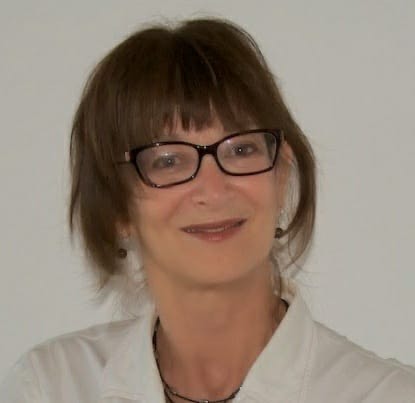Shelley Cainer
Credentials
Finances
- 37 Nitza Blvd
- Netanya
Shelley Cainer
 Verified
Verified
Credentials
Psychotherapist
EdD CP
Finances
250-350 NIS
None
Free Consultation
- 37 Nitza Blvd
- Netanya
ABOUT
Your relationship struggles are not meaningless. Are you stuck in a rut in your search for a partner? Have you suffered from repetitive breakups? Are you out of ideas of how to move forward? Do you sabotage your own efforts? I specialize in helping singles of all ages search for and nurture deeply meaningful relationships.
If you are a single, I can help you become your best self. With over twenty-five years of counseling experience, my approach combines cognitive behavioral, psychodynamic and family systems perspective. As a relationship therapist, we will work collaboratively to figure out what may be holding you back from the relationship that you want. I can help you get on track to pursue the goals that you set for yourself. Therapy is a place where you can get clearer on knowing yourself. Becoming clearer on who you are and what your values are can greatly increase your success in your search. Therapy is a place where you can use your present difficulties as a springboard for growth. Therapy is a place where you can learn the skills that lead to successful relationships.
Presently, I live in Tel Aviv with my husband after making aliyah from my native Toronto, Canada three years ago. Our two kids, a daughter and a son, are grown and live in New York and Tel Aviv respectively. I completed a doctorate in counseling psychology at University of Toronto n 1991. I have worked as a vocational counselor and psychoeducational consultant for Jewish Vocational Services. As a consultant to managers and supervisors for many years, I counseled and coached on a wide variety of issues including assertiveness, conflict management, interpersonal skills and relationship issues. During this corona crisis, I am available to meet with clients via phone and video.
QUALIFICATIONS
EdD CP
University of Toronto
1991
Degree
EdD CPEducation
University of TorontoYear of Graduation
1991Years in Practice
27
ADDITIONAL CREDENTIALS
MA in Ed 1981
DISTANCE COUNSELING
Telephone Counseling, Online Therapy
PRIMARY SPECIALTIES
Adjustments
Anxiety / Panic
Codependency
Life Transitions
Self-Esteem
ADDITIONAL SPECIALTIES
Depression
Family Issues
Vocational Counseling
CLIENT FOCUS
Population
Adults
Men
Women
Languages
English
TREATMENT APPROACH
Cognitive Behavioral Therapy (CBT)Cognitive Behavioral Therapy (CBT) is a type of psychotherapy that focuses on how one's thoughts, feelings and behaviors are connected and can be changed. It is based on the idea that how we think (cognition) and how we feel (emotion) can influence how we behave. CBT helps people identify and challenge distorted thinking and replace it with more balanced thinking, leading to improved mood and behavior. ‘Homework’, usually containing practical writing exercises, is often completed by the client between sessions to reinforce the therapy. Examples of tools that practitioners often use are journaling, challenging beliefs, and mindfulness.
Psychodynamic TherapyPsychodynamic therapy is a form of therapy that focuses on the unconscious mind and how it affects behavior. It works to help people understand and work through past experiences and feelings that may be causing difficulties in the present. This type of therapy encourages individuals to explore their emotions, relationships, and behaviors in order to gain insight into their current difficulties. It can help individuals better understand themselves and their motivations, and gain insight into how past events have impacted their current lives. People tend to develop defense mechanisms when faced with challenges in life. Defense mechanisms may keep painful feelings, memories, and experiences in the unconscious. A few common defense mechanisms include: denial, repression, and rationalization. Psychodynamic therapists encourage people to speak freely about their emotions, desires, and fears. Being open may help uncover vulnerable feelings that have been pushed out of conscious awareness. According to psychodynamic theory, behavior is influenced by unconscious thought. Once painful feelings are brought forth and processed, the defense mechanisms are no longer needed and a person in treatment can start changing unhelpful patterns when coping with life’s challenges.
SERVICES OFFERED
Individual Therapy

 Verified
Verified 
